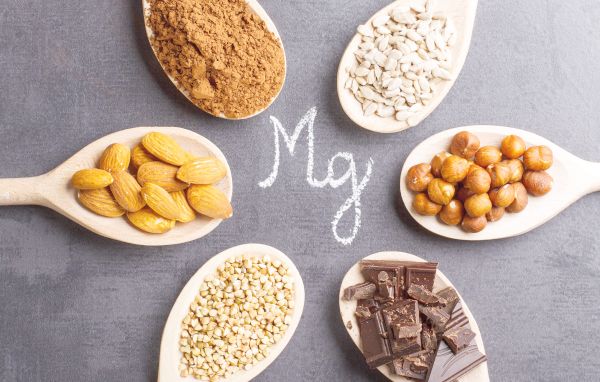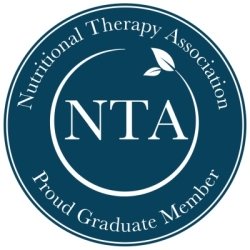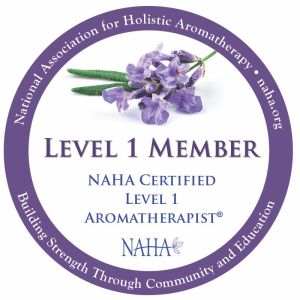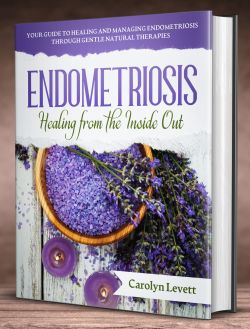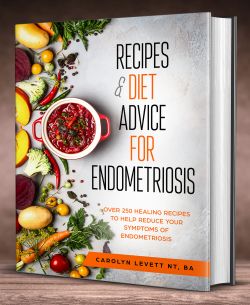Vitamins & Supplements for Endometriosis
Dietary supplements and vitamins that will boost your immune system and will support you to help manage endometriosis
Your main defence and healing system is the one provided by nature, and that is the immune system. It has amazing properties to deal with millions of bacteria and outside invaders that would try to destroy your health, but every day this system is busily working with the aim to keep you fit and well.
Having a strong immune system will help you manage endometriosis better and will support your whole body.
Let's look at what you can do to boost your immune system and keep it fighting fit.
Feed Your Immune system
Adequately feeding your immune system boosts its fighting power. Immune boosters work in many ways. They increase the number of white cells in the immune system, allowing them to fight better, and help them form an overall better battle plan. Boosters also help to eliminate the deadwood in the system, substances that drag the body down.
Vitamin C
Vitamin C tops the list of immune boosters for many reasons. There has been more research about the immune-boosting effects of Vitamin C than perhaps any other nutrient. Vitamin C supplements are inexpensive to produce, and it's available naturally in many fruits and vegetables. Also, you can buy a vitamin-C-fortified version of just about anything. Here's what the research shows about how this mighty vitamin protects your body.
Vitamin C increases the production of infection-fighting white blood cells and antibodies and increases levels of interferon, the antibody that coats cell surfaces, preventing the entry of viruses.
Vitamin C reduces the risk of cardiovascular disease by raising levels of HDL (good) cholesterol while lowering blood pressure and interfering with the process by which fat is converted to plaque in the arteries. As an added perk, persons whose diets are higher in vitamin C have lower rates of colon, prostate, and breast cancer.
You don't have to take in massive amounts of vitamin C to boost your immune system. Around 200 milligrams a day seems to be a generally agreed-upon amount and one that can be automatically obtained by eating at least six servings of fruits and vegetables a day. If you take vitamin C supplements, it's best to space them throughout the day rather than take one large dose, most of which may end up being excreted in the urine.
B-complex vitamins
The B-complex vitamins are a group of eight inter-related vitamins, which occur together in natural plant and animal sources. Because these vitamins are water soluble, they cannot be stored to any large degree in the body and therefore must be taken in daily.
They are easily lost through refining, processing, cooking and peeling of foods. Rich sources of B vitamins are green vegetables, potatoes, wholegrain cereals, fresh and dried fruit, pulses (peas, beans and lentils), nuts, seeds, liver and lean meat.
Vitamin E
This important antioxidant and immune booster doesn't get as much press as vitamin C, yet it's important to a healthy immune system.
Vitamin E stimulates the production of natural killer cells, those that seek out and destroy germs and cancer cells. Vitamin E enhances the production of B- cells, the immune cells that produce antibodies that destroy bacteria. Vitamin E supplementation may also reverse some of the decline in immune response commonly seen in ageing.
Vitamin E has been implicated in lowering the risk of cardiovascular disease. It's not difficult to get 30 to 60 milligrams every day of Vitamin E from a diet rich in seeds, vegetable oils, and grains, but it's difficult for most people to consume more than 60 milligrams a day consistently through diet alone. Supplements may be necessary to get enough vitamin E to boost your immune system.
You need 100-400 milligrams per day, depending on your general lifestyle. People who don't exercise, who smoke, and who consume high amounts of alcoholic beverages will need the higher dosage. Those with a more moderate lifestyle can get by with lower levels of supplementation.
Carotenoids
Beta carotene increases the number of infection-fighting cells, natural killer cells, and helper T-cells, as well as being a powerful antioxidant that mops up excess free radicals that accelerate ageing. Like other antioxidants, vitamins C and E, it reduces the risk of cardiovascular disease by interfering with how the fats and cholesterol in the bloodstream oxidise to form arterial plaques.
It has also been shown that beta carotene supplements can increase the production of T-cell lymphocytes and natural killer cells and can enhance the ability of the natural killer cells to attack cancer cells.
The body converts beta carotene to vitamin A, which itself has anticancer properties and immune-boosting functions. But too much vitamin A can be toxic to the body, so it's better to get extra beta carotene from foods and let the body naturally regulate how much of this precursor is converted to the immune-fighting vitamin A. It's highly unlikely that a person could take in enough beta carotene to produce a toxic amount of vitamin A, because when the body has enough vitamin A, it stops making it.
Bioflavonoids
A group of phytonutrients (nutrients that come from plants) called bioflavonoids aids the immune system by protecting the cells of the body against environmental pollutants. Bioflavonoids protect the cell membranes against the pollutants trying to attach to them. Along the membrane of each cell there are microscopic parking spaces, called receptor sites.
Pollutants, toxins, or germs can park here and gradually eat their way into the membrane of the cell, but when bioflavonoids fill up these parking spots there is no room for toxins to park. A diet that contains a wide variety of fruits and vegetables, at least six servings per day, will help you get the bioflavonoids needed to help your immune system work in top form.
Zinc
This valuable mineral increases the production of white blood cells that fight infection and helps them fight more aggressively. It also increases killer cells that fight against cancer and helps white cells release more antibodies. Zinc supplements have been shown to slow the growth of cancer.
A word of caution: too much zinc in the form of supplements (more than 75 milligrams a day) can inhibit immune function. It's safest to stick to getting zinc from your diet and aim for 15 to 25 milligrams a day.
Magnesium
Magnesium is extremely important - it is a mineral essential for activating chemical reactions, transporting glucose to the cells and boosting your immune system. At times of high psychological stress, our magnesium requirements are even higher. This mineral can be found in oysters, shellfish, herring, liver, legumes and milk.
Garlic
This flavourful member of the onion family is a powerful immune booster that stimulates the multiplication of infection-fighting white cells, boosts natural killer cell activity, and increases the efficiency of antibody production.
The immune-boosting properties of garlic seem to be due to its sulphur-containing compounds, such as allicin and sulphides. Garlic can also act as an antioxidant that reduces the build-up of free radicals in the bloodstream. Garlic may also play a part in getting rid of potential carcinogens and other toxic substances. It is also a heart-friendly food since it keeps platelets from sticking together and clogging tiny blood vessels.
Selenium
This mineral increases natural killer cells and mobilises cancer-fighting cells. Best food sources of selenium are tuna, red snapper, lobster, shrimp, whole grains, vegetables (depending on the selenium content of the soil they're grown in), brown rice, egg yolks, cottage cheese, chicken (white meat), sunflower seeds, garlic and Brazil nuts.
.
Omega-3
The omega 3 fatty acids in fatty fish (such as salmon, tuna, and mackerel) act as immune boosters by increasing the activity of phagocytes, the white blood cells that eat up bacteria. (Perhaps this is why grandmothers used to insist on a daily dose of unpalatable cod liver oil.)
Essential fatty acids also protect the body against damage from over-reactions to infection. When taking essential fatty acid supplements, such as fish oils, take additional vitamin E, which acts together with essential fatty acids to boost the immune system.
An important addition...
Omega 3 oils are also of major benefit for endometriosis as they help to reduce the bad inflammatory prostaglandins and increase the good prostaglandins that help to reduce inflammation and pain.
To sum up......
The very nature of immune strength means that it need to be built from the inside out through good nutrition. The immune system is the body system most sensitive to nutritional deficiencies. It is also sensitive to stress so you need to practise calming and stress reduction techniques like yoga and meditation.

About the Author
My name is Carolyn Levett, the Founder of endo-resolved - I am an Integrative Health Coach having studied nutrition, naturopathy, aromatherapy as well as being a published author. I used to suffer from severe endometriosis and was able to regained my health and heal from the disease with the support of nutrition and natural therapies.
My motivation is to help other women with endometriosis to heal their bodies so they may overcome this awful disease without having to rely on toxic drugs and surgeries which can cause further damage - with healing thoughts, Carolyn.
 As featured in:
As featured in:Reference:
https://endometriosis.net/complementary-alternative-treatment/herbs-supplements/
https://avivaromm.com/endometriosis-herbs-supplements/
https://thechalkboardmag.com/11-supplements-herbs-to-support-healing-from-endometriosis/
https://www.floliving.com/5-supplements-endometriosis/

